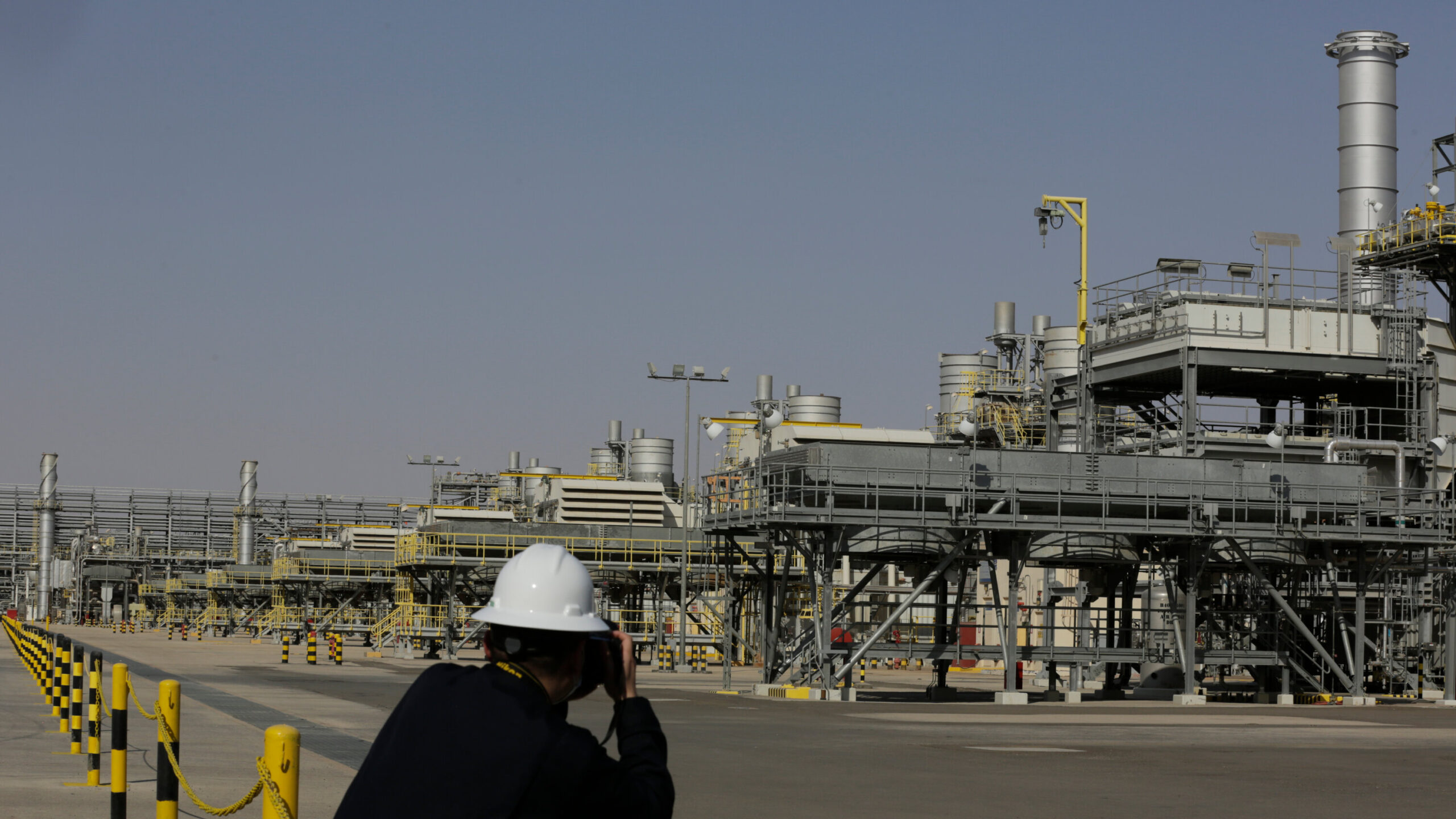RIYADH: Saudi Arabia and other Organization of the Petroleum Exporting Countries (OPEC) Plus oil producers have announced further output cuts of around 1.16 million barrels per day.
Riyadh, Saudi Arabia’s capital and main financial hub said it would cut output by 500,000 barrels per day, or BDP, from May until the end of 2023, state media reported.
In a statement carried out by the Saudi Press Agency (SPA), the Saudi official emphasised that this is a precautionary measure aimed at supporting the stability of the oil market, according to Emirates News Agency.
This voluntary cut is in addition to the reduction in production agreed upon during the 33rd OPEC and non-OPEC Ministerial Meeting, held on 5th October 2022.
The move came as a surprise as OPEC Plus said that they did not intend to make any changes in their policies but this announcement blew everyone, The Washington Post reported. The alliance produced nearly two million barrels below its supply target in February, the last month for which official output figures are available. “We expect shortfalls to continue,” said Ha Nguyen, a global oil analyst for S and P Global Commodity Insights.
There have been persistent reports that Russia is struggling to keep up production without the benefit of Western service companies that have wound down their operations since the Russian invasion of Ukraine more than a year ago.
Saudi production has also been below its production quota set by the Organization of the Petroleum Exporting Countries in recent months.
According to The Washington Post, taking up the slack in supplying the 100-million-barrel-a-day global market are Brazil, Canada, Guyana, Norway and the United States. All are increasing their oil production. Still, the OPEC Plus action has symbolic importance at a time when oil prices are a third below where they were immediately after Russia’s special military operation in Ukraine last February. OPEC Plus members may be responding to growing fears of a recession later this year in the wake of the failure of several American and European banks as well as central bankers’ continued efforts to tame inflation. Oil demand has also been undercut by strikes in France, including at refineries.
“We don’t think cuts are advisable at this moment given market uncertainty,” said Adrienne Watson, a spokeswoman with the U.S. National Security Council, adding, “We’re focused on prices for American consumers, not barrels, and prices have come down significantly since last year,” as per the report in the Washington Post. (ANI)







